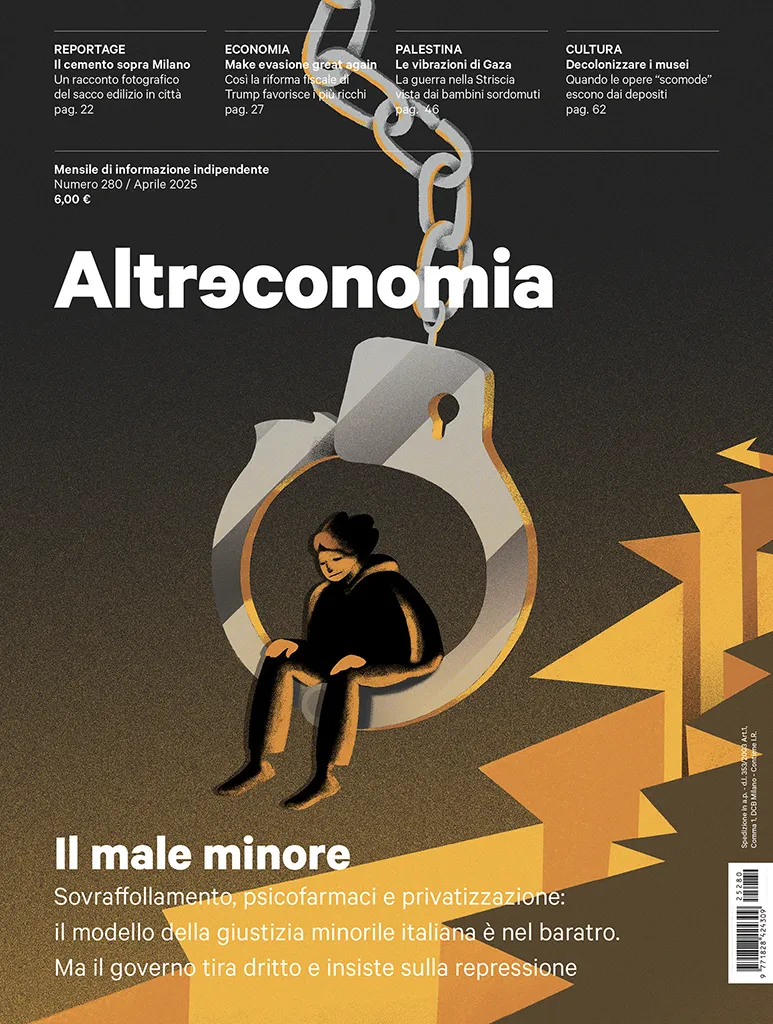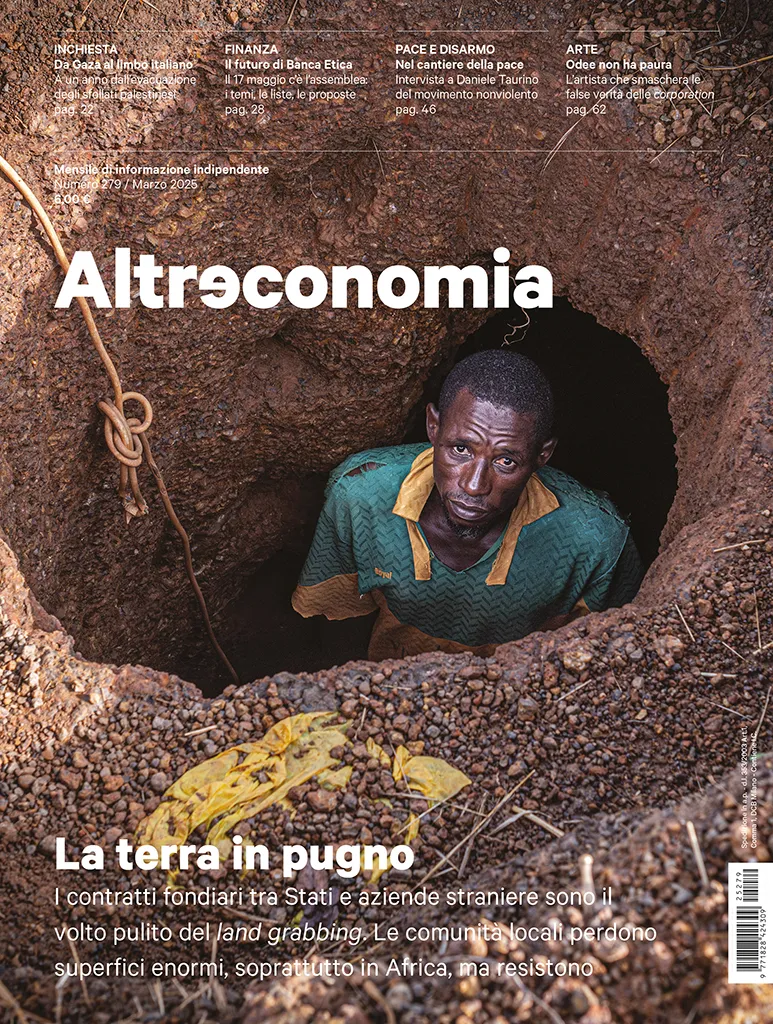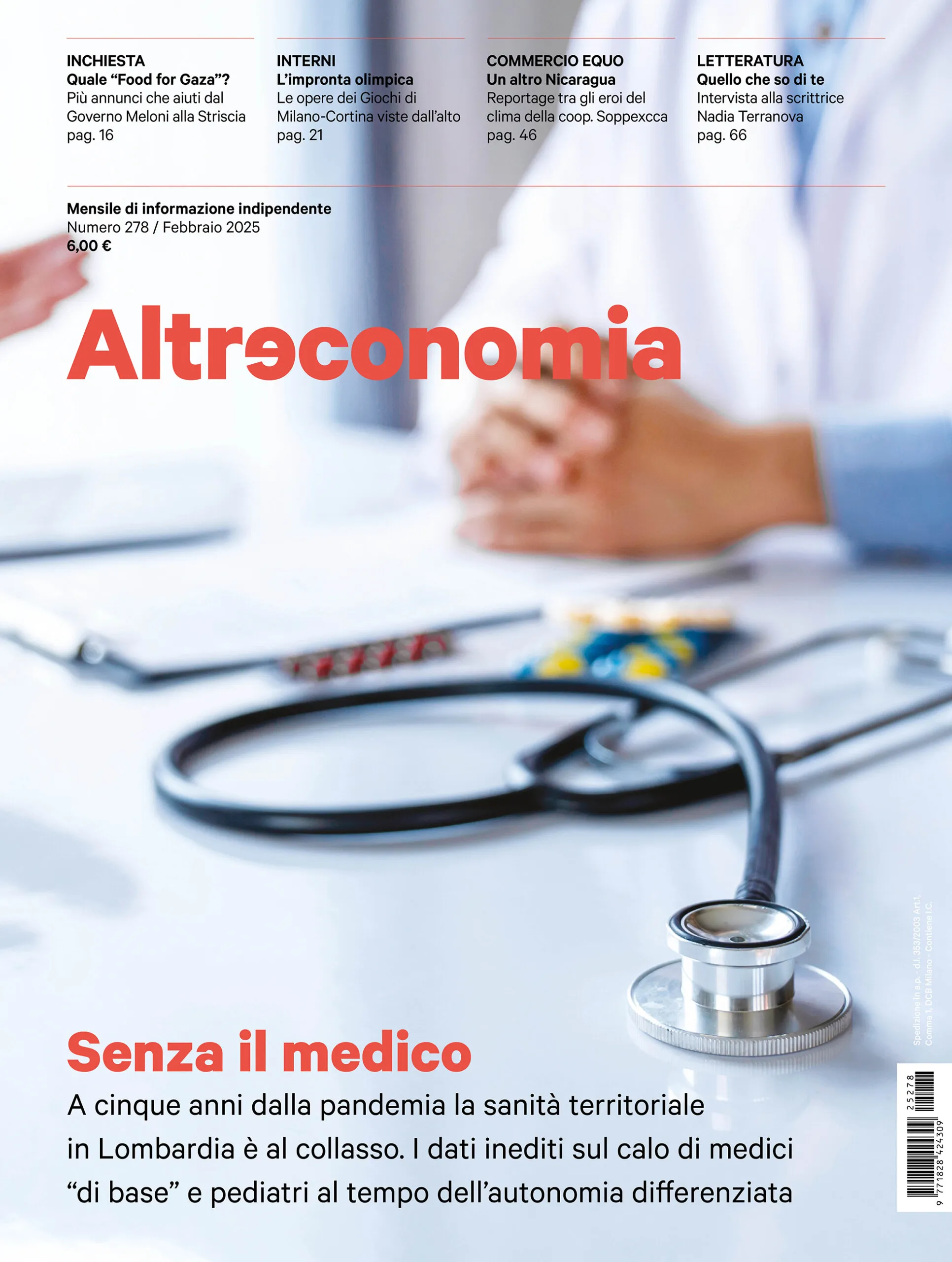We are very excited to introduce our Welfare, Sustainability and Eco-Social Policies team’s new website for the project Governing the “Just Transition”: Eco-social Politics and Policies in the EU. This project addresses the issue of how to make the eco-social transition just in the context of both domestic and EU-led policy processes.
Please visit the project website (https://www.ecosocialproject.com/) and stay tuned!

Project Overview
Over the past years, the salience of social and ecological issues has increased substantially all over the world and in the European Union (EU) alike. On the one hand, social challenges such as poverty and inequality have represented a growing concern for European policy-makers especially after the 2008-12 economic and sovereign debt crises as well as during the COVID-19 pandemic; on the other hand, the ecological limits of growth and the need for ambitious climate adaptation and mitigation policies have become ever more evident. Consequently, governments have increasingly committed to social and environmental objectives: “eco-social” policies are thus key to address the trade-offs and possible conflicts arising from pursuing goals in the latter two spheres – both in terms of prioritization of measures and expenditure allocation.
Over the past years, the salience of social and ecological issues has increased substantially all over the world and in the European Union (EU) alike. On the one hand, social challenges such as poverty and inequality have represented a growing concern for European policy-makers especially after the 2008-12 economic and sovereign debt crises as well as during the COVID-19 pandemic; on the other hand, the ecological limits of growth and the need for ambitious climate adaptation and mitigation policies have become ever more evident. Consequently, governments have increasingly committed to social and environmental objectives: “eco-social” policies are thus key to address the trade-offs and possible conflicts arising from pursuing goals in the latter two spheres – both in terms of prioritization of measures and expenditure allocation.Over the past years, the salience of social and ecological issues has increased substantially all over the world and in the European Union (EU) alike. On the one hand, social challenges such as poverty and inequality have represented a growing concern for European policy-makers especially after the 2008-12 economic and sovereign debt crises as well as during the COVID-19 pandemic; on the other hand, the ecological limits of growth and the need for ambitious climate adaptation and mitigation policies have become ever more evident. Consequently, governments have increasingly committed to social and environmental objectives: “eco-social” policies are thus key to address the trade-offs and possible conflicts arising from pursuing goals in the latter two spheres – both in terms of prioritization of measures and expenditure allocation.




